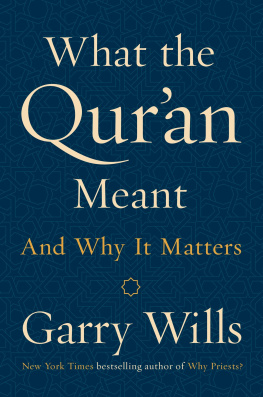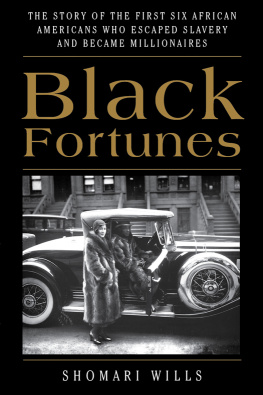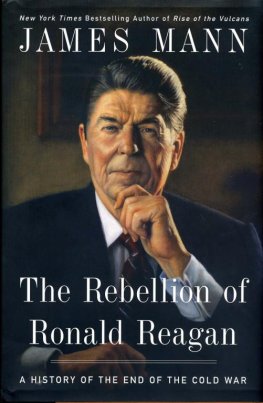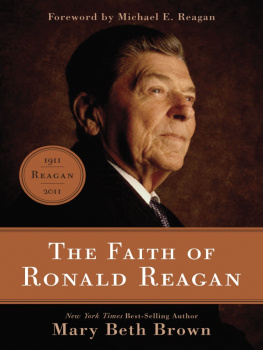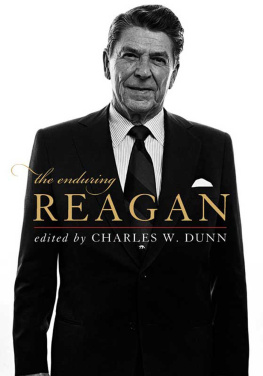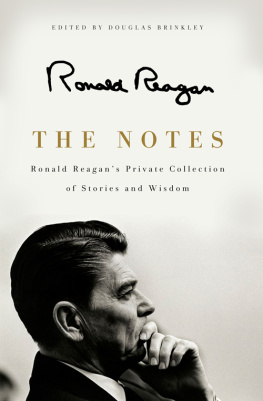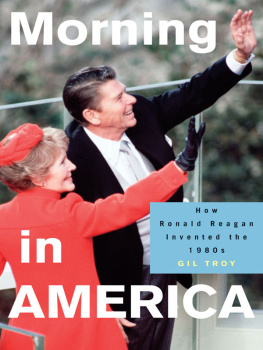PRAISE FOR GARRY WILLS
Winner of the Pulitzer Prize
National Humanities Medal
Sooner or later, anyone who writes about America must reckon with Garry Wills. Not that its easy to do. The books are demanding enoughnot the prose, which is graceful and elegantbut the arguments, which are unfailingly original, often provocative, occasionally subversive and, now and again, utterly perverse, yet stamped every time with the finality of the last word. In his 50 or so books, a handful of them masterpieces, Wills has ranged further than any other American writer of his time, covering much of the western tradition, ancient and contemporary, sacred and profane. Prospect Magazine
Perhaps the most distinguished Catholic intellectual in America over the last 50 years. John L. Allen
NIXON AGONISTES: THE CRISIS OF THE SELF-MADE MAN
Mr. Wills achieves the not inconsiderable feat of making Richard Nixon a sympatheticeven tragicfigure, while at the same time being appalled by him. But superb as it is, his psycho-biography of Mr. Nixon is merely prelude to a provocative essay on political theory. John Leonard, The New York Times Book Review
The wit of Nixon Agonistes is a constant delight. Heckling, breezy, allusive the author is a born reporter, a cartoonist in words, master of a tradition of tongue-in-cheek sassiness that goes back well over a century in American political journalism. Commentary Magazine
Astonishing a stunning attempt to possess that past, that we may all of us escape it. John Leonard, The New York Times Book Review
Nixon Agonistes reads like a combination of H. L. Mencken, John Locke and Albert Camus. The New York Times Book Review
Only a man who cant stand to be around people would allow such a figure to be compiled about himself. Garry Wills has caught that quality in Nixon Agonistes, which must be the best book so far about the man, the best written, the best thought out. The New York Review of Books
Wills succeeds, in the end, in making his point, about Nixon, and about America the topic is fascinating, and Wills has ideas which never occurred to other writers. The Harvard Crimson
[Nixon Agonistes is] still the one indispensable primer on modern American politics aprs le dluge of the clamorous 1960s, part Mencken, part Aristotle, part Moby Dick. Prospect Magazine
THE KENNEDY IMPRISONMENT
The ultimate Kennedy book. New Republic
[The Kennedy Imprisonment has] an important thesis and a ringing climax. Kirkus Reviews
REAGANS AMERICA
Ambitious and insightful, this study examines aspects of Ronald Reagans life and career that account for his extraordinary popularity with the American public. Wills, author of Nixon Agonistes and Inventing America, portrays a Reagan whose optimistic personality is in harmony with the deep instincts of Americans. The President, he maintains, embodies the countrys values and its collective dreams and memories. In his show-business years, Reagan was the voice of midwestern baseball and the plain-spoken hero of horse epics; later, as Hollywood union leader and California governor, he was the complete company man. As President, his simple answers in the face of troubling complexities have let Americans feel positive about themselves. While sometimes overdetailed, Willss study succeeds admirably in isolating the sources of Reagans appeal. Publishers Weekly
Reagans America is a fascinating biography whose impact is enhanced by techniques of psychological profile and social history. Los Angeles Times
The best book yet by a profound student of the culture of the American presidency. Mr. Wills illuminates the symbiosis linking Middle American religion, the illusory reality of Hollywood, Ronald Reagans career, and the meaning of his presidency. The book is consistently entertaining. The conclusions about American politics are disturbing. Foreign Affairs
A timely and brilliant analysis that presages and enlightens the current Presidential crisis in foreign policy. Written with all the wit, originality and intelligence that Wills brought to Inventing America, Nixon Agonistes and The Kennedy Imprisonment, this book, though cutting a swath through a now-familiar collection of mythopoeic falsehoods, serves not to indict Ronald Reagan, but to unearth the roots of his indestructible and charismatic faith A provocative, readable, unique account with sources, inspirations and implications far beyond mere politics. Kirkus Reviews
Reagans America
Innocents at Home
Garry Wills

THE REAGAN LEGACY
Modern conservatism in America is, for all reasonable purposes, Reaganism. That is its weakness. The aftermath of Reagans presidency has proved, over and over, that Reaganism without Reagan is unsustainable. Even with him, it was a tottering edifice. He had inherited multiple tendencies rather than a single movement. In the 1950s, William F. Buckley Jr. made conservatism intellectually respectable, jettisoning its anti-Semitic and anti-intellectual baggage. In the 1960s, Barry Goldwater made the movement politically viable by bringing into the Republican party a South that was resisting racial integration. Nixon combined these efforts, joining a sophisticated form of anticommunism with a Southern strategy based on the backlash from civil rights. But even before Watergate, Nixons synthesis was coming apart. His and Kissingers opening to China, their dtente and arms-control efforts, offended the fundamentalist branch of Nixons constituency, which was apocalyptic in its hatred of all Marxist regimes.
Reagan united the fissiparous movement around his radiant personality. He comforted the comfortable and disarmed the afflicted. He was too obviously nice to mean whatever meanness appeared in his programs. He gave conservatism the elements it had signally lackedhumanity, optimism, hope. Buckley had wit, but of a chilly sort. Goldwaters followers had passion, but it was the anguish of those who feel persecuted. Nixon had intelligence, but it was cramped by paranoia. Reagan, without much wit or passion or intelligence, had a humanity that made up for anything he lacked. He was the first truly cheerful conservative, and America is a country that does not recognize itself unless it sees, in the mirror, a confident face looking back at it. When William F. Buckley founded National Review in 1955, he said that its task was to stand athwart history yelling Stop! Reagan was never comfortable with a purely obstructionist conservatism. He was too swoony over the wonders of science and technology. In one of his favorite stories, a student issued him this challenge: You didnt grow up in an era of space travel, of jet travel, of cybernetics, computers figuring in seconds what it used to take men years to figure out. Reagan triumphantly produced this response: Its true we didnt grow up, my generation, with those things. We invented them. When Reagan worked for General Electric, he let the company make his home a well-advertised display of the companys latest luxury products. Many of the items showcased there went into G.E.s Carousel of Progress, created with Walt Disney for the 1964 Worlds Fair in New Yorkwhich, in turn, was absorbed into Disneys Tomorrowland at the Magic Kingdom. Progress was always Reagans favorite product.
A parable for Reagans brand of conservatism could be fashioned from his rejection of the historic Lincoln Steffens house, lived in by former governors of California. He had a new place built with the help of financial backers, one with all the modern conveniences. That is what Reagan did, symbolically, for conservatism itselftook it from its historic home and gave it a new operating center. Some of the charm he found in the Strategic Defense Initiative, or Star Wars, was precisely its complex of barely conceived technologies. He hated nukes, partly because they were old-fashioned. He loved lasers, partly because they were so far out as to remind him of the ray gun in his old Brass Bancroft serials. With his repeated mantra that Nothing is impossible, he believed that technology could make the space weapon entirely benignso incapable of offense that we would give it, for free, to the Kremlin.


